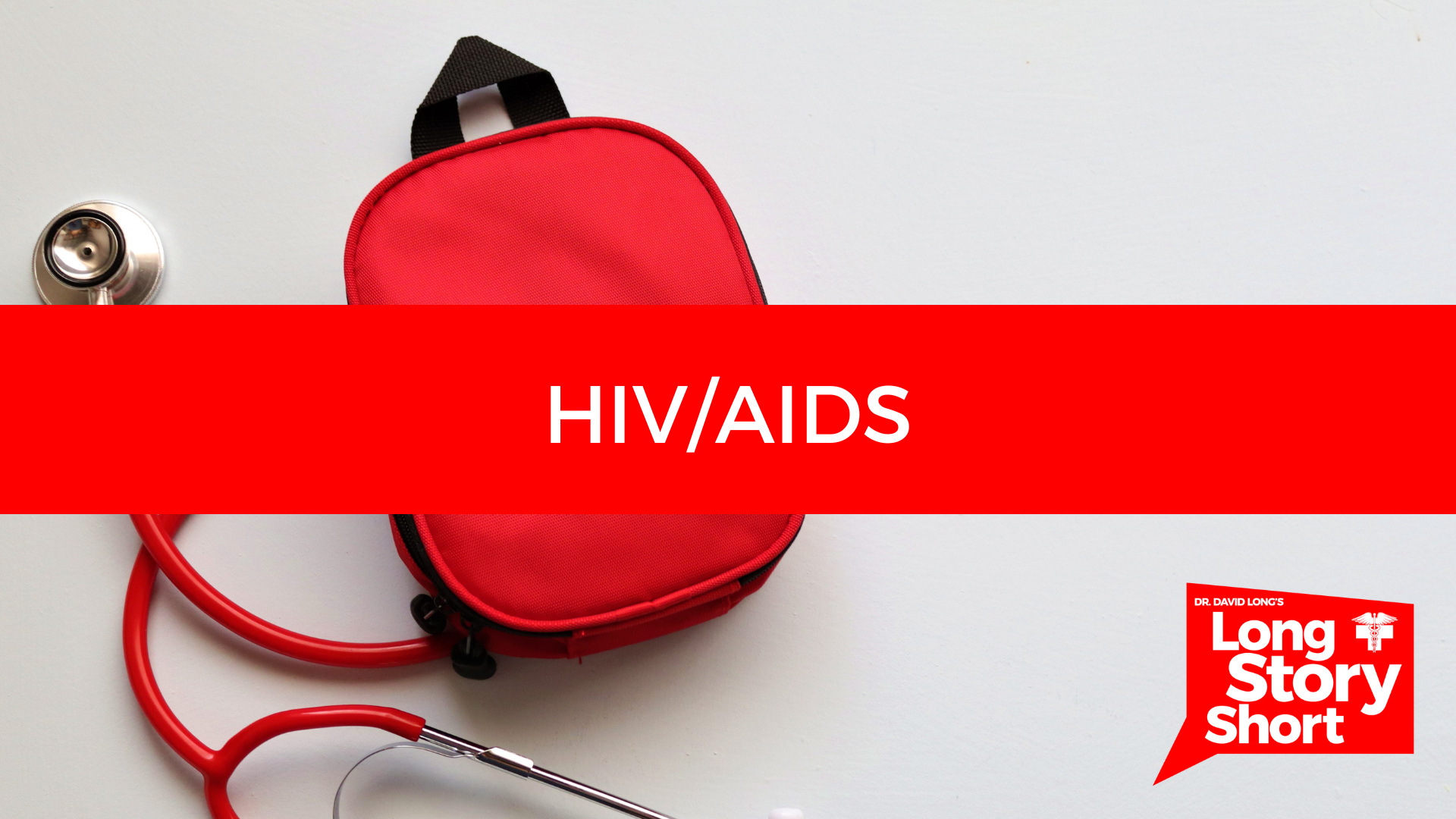HIV/AIDS Summary
• 11-15% of all AIDS cases in the US occur in people over age 50
• Seniors need to be aware of HIV/AIDS risks and take steps to protect themselves and get treatment, if necessary
• HIV medications should be tailored to age, gender, and health conditions
• Older adults need access to information, support systems, and treatments, including HIV-specific medications
• Education about HIV/AIDS transmission risks and treatments must be tailored to seniors’ needs to reduce stigma
• Regular testing is essential for early detection while healthcare providers must become aware of the increased risk in older adults
• With proper care and support, seniors living with HIV can lead long and healthy lives
Full Text
HIV/AIDS can be a serious issue for seniors, with 11 to 15% of all AIDS cases in the United States occurring in people over age 50. This problem is often unrecognized due to stereotypes about sexual activity and drug use among older adults. HIV symptoms, such as fatigue, weight loss, dementia, skin rashes, and swollen lymph nodes are similar to what can occur naturally with old age.
It’s vitally important for seniors to understand HIV/AIDS risks so they can take steps to protect themselves and get treatment if necessary. HIV-positive seniors should talk to their doctor about medications that may help slow the progression of HIV infection or reduce HIV-related complications. In addition, safe sex practices like using condoms must be maintained and HIV testing should be done regularly.
It’s also important for seniors to look out for HIV/AIDS resources in their communities so they can receive support, education, and counseling services that could help improve outcomes. HIV/AIDS organizations such as the HIV Medical Association (HMA) provide vital information and offer resources like HIV-specific treatment guidelines, HIV awareness campaigns, and HIV testing sites.
By recognizing the risk of HIV/AIDS in older adults and taking steps to protect themselves or seek treatment when necessary, seniors can lead healthier lives despite increased risks associated with HIV/AIDS. With access to appropriate information and care, seniors can build a network of support that allows them to live long lives with HIV/AIDS.
At times, HIV-specific medication may be necessary for HIV/AIDS treatment. HIV medications can have different effects on individuals depending upon age, gender, and individual health conditions. Seniors should talk to their doctor about HIV medications that would work best for them, including ones that take into account any other medical conditions they might have.
Seniors are often overlooked in HIV/AIDS discussions but their risk of infection is not negligible. With the right information and support, seniors living with HIV/AIDS can lead long and healthy lives. Making sure to get tested routinely and talking to a doctor or healthcare professional can help identify HIV early before it progresses too far. Treatments such as HIV-specific medications are available to help maintain health despite HIV, and with proper care an HIV diagnosis can no longer be a death sentence.
It’s important to recognize the vulnerability of seniors when it comes to HIV/AIDS and take steps to ensure their safety. This includes providing education on HIV/AIDS transmission risks and treatments, as well as reducing stigma around HIV/AIDS in general. With the right information and support, seniors living with HIV/AIDS can lead full and healthy lives.
If you or someone you know is over 50 and might be at risk for HIV infection, talk to a doctor or healthcare professional about getting tested. Seniors should also discuss HIV treatment options available that will work best for them given any other medical conditions they may have. With early detection and proper HIV medication, seniors can often maintain a good quality of life.
Moreover, HIV prevention messaging targeted to older adults should be tailored to their needs, rather than relying on outdated stereotypes about aging. Seniors should have access to HIV/AIDS resources that provide accurate information in an engaging and respectful way, encouraging them to take steps towards protecting themselves and the people around them. By raising awareness of HIV issues among seniors, we can help create stronger communities throughout our nation.
It is important to recognize HIV/AIDS in seniors and to provide appropriate, age-specific treatment. With the right medication and ongoing care, HIV infection doesn’t have to be a death sentence. We need more research into HIV/AIDS among seniors so that we can better understand this demographic’s needs. In addition, it is essential that healthcare providers become aware of the increased risk for HIV in older adults, and be prepared to offer testing and treatment when needed. By addressing HIV/AIDS in seniors now, we can create healthier communities for future generations.
The fight against HIV/AIDS should consider all ages—including seniors—so that everyone has access to safe and effective treatments. With greater awareness and action around HIV prevention in seniors, as well as better access to HIV/AIDS medication, we can create a healthier future for all.
We need to break down the stereotypes around HIV and aging so that seniors can get the help they need. HIV/AIDS should not be seen as an unavoidable consequence of old age—with proper testing, early diagnosis, and access to appropriate treatments, HIV in seniors does not have to be a death sentence. Let’s work together to make sure that everyone has the opportunity for a healthy life—at any age.
By raising awareness about HIV/AIDS in seniors, providing more accessible testing services, and increasing access to medical care and treatment options like medication and other interventions, we can reduce HIV rates among older adults and ensure that HIV/AIDS is no longer a forgotten epidemic among seniors. HIV medication has improved drastically in the last few decades and new drugs are emerging all the time, so it’s important to stay up-to-date on HIV treatment options for seniors and equip them with the knowledge they need to make informed decisions about their health.
HIV/AIDS treatment and medication have come a long way since the early days of the HIV/AIDS epidemic. In addition to access to HIV specialists, seniors living with HIV should also have access to comprehensive care that includes mental health services, nutrition counseling, physical therapy and social support. Treatment for HIV can help reduce viral loads, strengthen immune systems, reduce hospitalizations and improve quality of life. With the right combination of prevention efforts and medical care, seniors living with HIV can live longer, healthier lives.
By increasing understanding of HIV/AIDS among seniors and providing them with information about prevention methods and treatment options, we can make sure that everyone in our society is better protected against this disease. It’s important to discuss HIV/AIDS openly with seniors and to ensure access to medications, if necessary.
Seniors living with HIV need healthcare providers who are knowledgeable about HIV/AIDS and understand the unique challenges of aging. They should receive regular HIV tests, immunizations and other preventive care services that are essential for seniors’ health. Medication regimens should be tailored to the individual needs of each senior, taking into account any potential drug interactions or side effects as well as lifestyle and financial considerations.
With proper care and support, HIV does not have to prevent seniors from enjoying life in their later years. We must be proactive in providing HIV education, testing and treatment services for older adults at risk of HIV infection or already living with HIV. Seniors deserve access to the same HIV care and treatment options available to other age groups and should feel empowered to seek out necessary HIV services. By helping seniors get the HIV/AIDS treatment they need, we can ensure that everyone is able to live a long and healthy life.





 and then
and then